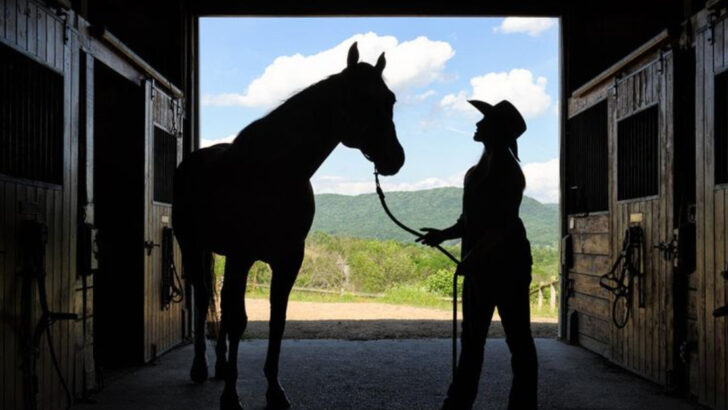Owning a horse is a dream come true for many—but don’t be fooled by the fairy tale. Along with the beauty and freedom comes a whole lot of hard work and unexpected struggles. From endless grooming to the weight of financial responsibilities, it’s not all riding off into the sunset.
The reality of horse ownership can be overwhelming, even for the most seasoned equestrians. Time, money, and effort are just the start—there’s a long list of challenges that can make you question your dream. It’s not all galloping through open fields and perfect canters.
But that’s the thing about horses—they demand commitment. In this post, we’re uncovering the 18 most common struggles of owning a horse, so you can decide if you’re truly ready for the ride of a lifetime. Buckle up, it’s going to be an honest, eye-opening journey!
Financial Burden
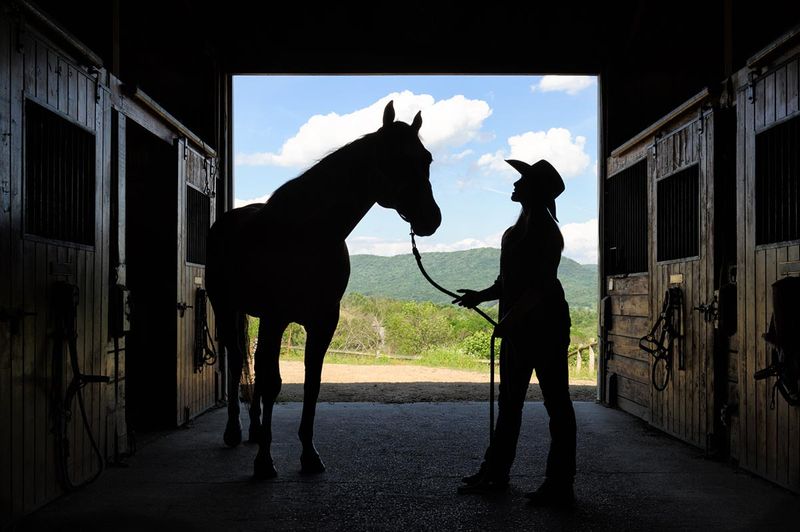
Owning a horse is a significant financial commitment. The costs associated with purchasing a horse are just the beginning. Ongoing expenses include feed, veterinary care, boarding, and equipment, which can add up quickly.
Many horse owners find themselves navigating unexpected expenses, such as emergency veterinary bills, which can strain a budget. It’s crucial to plan and budget carefully to manage these costs effectively.
Financial planning and understanding the true cost of ownership can alleviate stress and help maintain the joy of having a horse.
Time Commitment
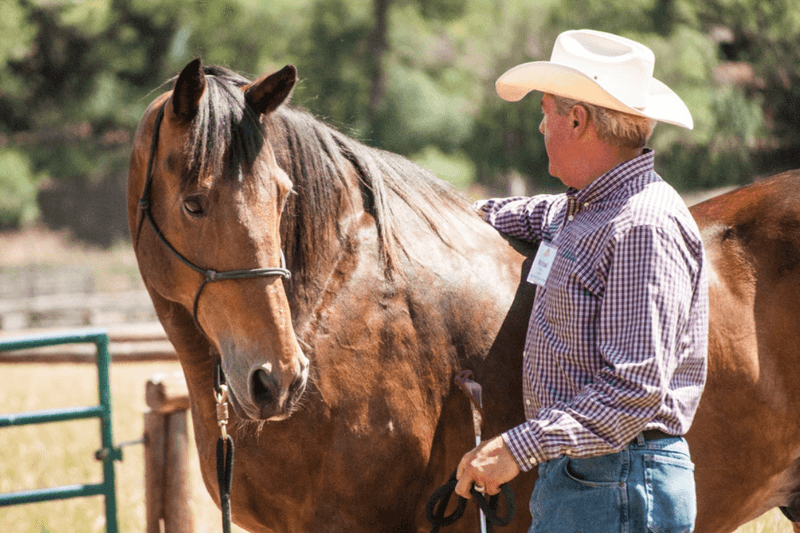
Caring for a horse requires a substantial time commitment. Daily feeding, grooming, and exercise demand consistent attention, making it challenging for those with busy schedules.
Horse owners often find themselves juggling time between work, family, and their equine responsibilities. This can lead to feelings of guilt and stress when unable to devote enough time to their horse.
Prioritizing tasks and creating a balanced schedule can help manage the time demands of horse ownership.
Weather Challenges
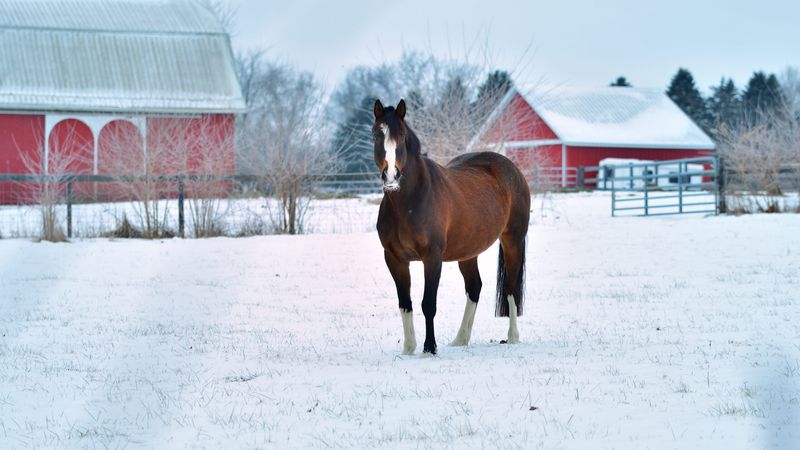
Weather plays a significant role in horse care, affecting both the horse and the owner’s responsibilities. Whether it’s dealing with muddy pastures in the rain or ensuring adequate shelter during a storm, weather can be unpredictable.
Horses require additional care and management during extreme weather conditions, such as snow or heatwaves. This often means more work for the owner, who must ensure their horse’s comfort and safety.
Having a flexible approach and preparing for weather-related challenges is essential for horse owners.
Finding Reliable Help
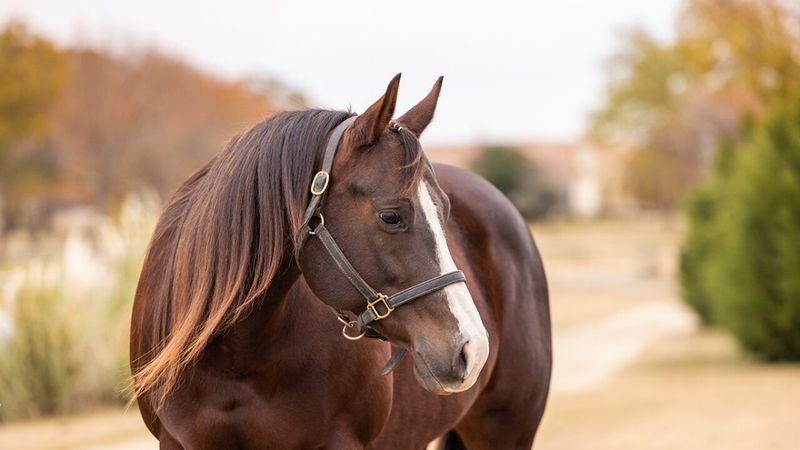
Finding reliable help for horse care can be a daunting task. Whether it’s hiring a stable hand or finding a trustworthy friend to look after your horse while you’re away, the options can be limited.
The scarcity of skilled and dependable help means horse owners often have to do everything themselves. This can lead to burnout and stress, especially during busy times.
Building a network of reliable contacts and investing in professional help can alleviate some of these pressures.
Health Issues
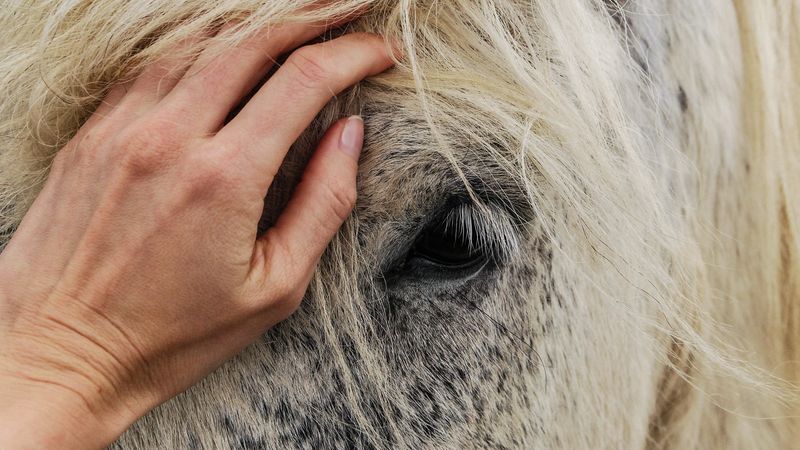
Horse health issues are a common struggle for owners. From minor ailments to serious conditions, horses require regular veterinary care. Health problems can arise suddenly, needing immediate attention and sometimes resulting in significant costs.
Monitoring your horse’s health closely and maintaining regular check-ups can help prevent severe issues. However, unexpected illnesses can be both emotionally and financially draining.
Educating yourself on equine health and building a relationship with a trusted veterinarian can help manage health concerns effectively.
Space Constraints
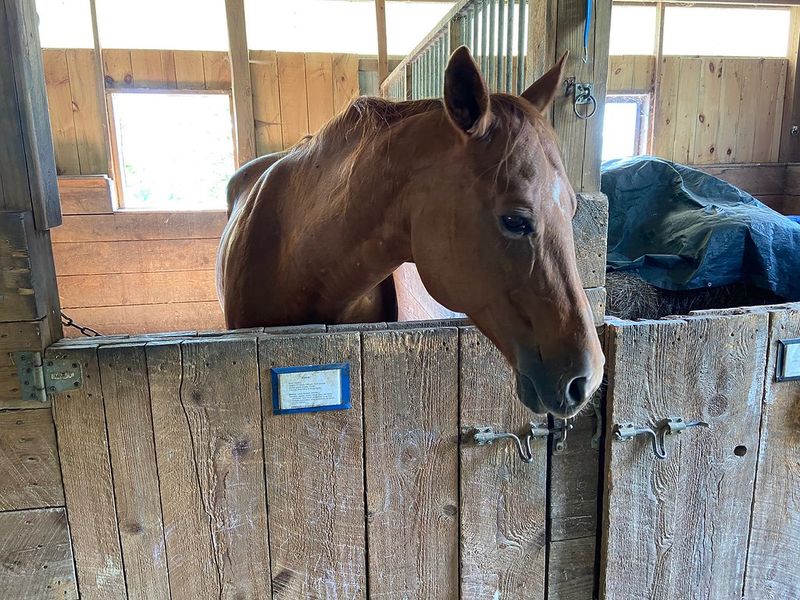
Space constraints can be a major issue for horse owners lacking adequate land. Horses require ample space for movement, grazing, and exercise, which isn’t always available.
Limited space can lead to challenges in maintaining a horse’s physical health and mental well-being. It’s essential to find creative solutions or nearby facilities that offer adequate space for horses.
Collaborating with local stables or utilizing public land can help alleviate space-related issues, ensuring a healthy environment for your horse.
Training Challenges
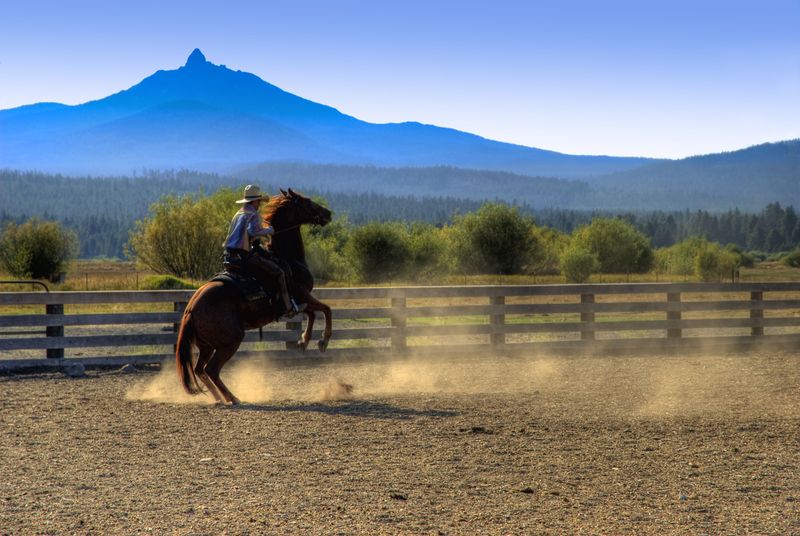
Training a horse is a rewarding yet challenging task. It requires patience, skill, and consistency, qualities that are often tested when dealing with a stubborn or inexperienced horse.
Many owners struggle with finding the right techniques and balancing training time with other responsibilities. Training can be a long process, requiring persistence and understanding of equine behavior.
Seeking professional help or joining training workshops can provide valuable insights and support for overcoming training challenges.
Emotional Attachment
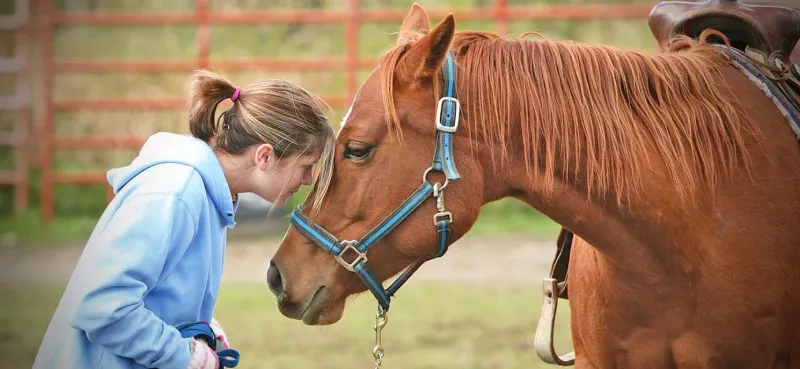
Emotional attachment is a natural part of horse ownership, but it can also be a struggle. The bond formed with a horse makes decisions like selling or rehoming especially difficult.
Owners often experience a range of emotions, from joy to heartache, when managing their horse’s future. This attachment can complicate practical decisions, making them emotionally taxing.
Understanding that emotional ties are a part of the journey helps in managing these feelings, ensuring that decisions are made in the best interest of both owner and horse.
Travel Limitations
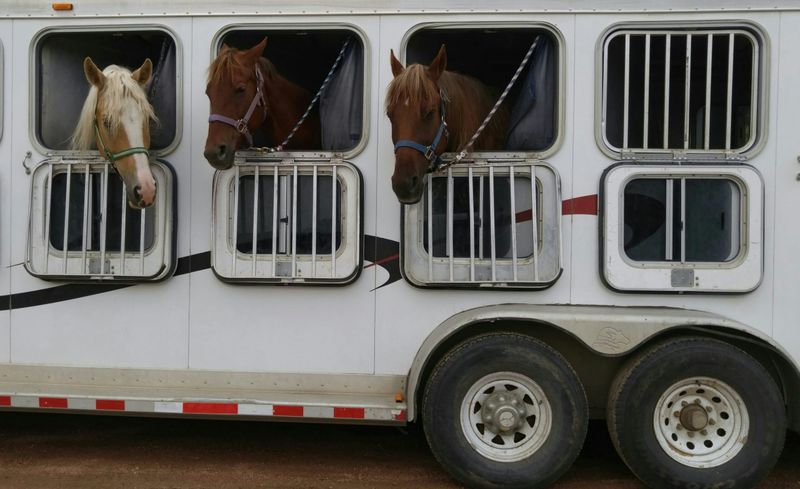
Traveling becomes complicated when you own a horse. Planning vacations or business trips requires careful coordination of care and arrangements for your horse.
Owners often find it challenging to leave their horses, fearing inadequate care in their absence. This can lead to limited travel opportunities or stress during time away.
Building a trusted network of caregivers and finding reliable boarding facilities can ease travel plans, allowing you peace of mind while away.
Dealing with Aging Horses
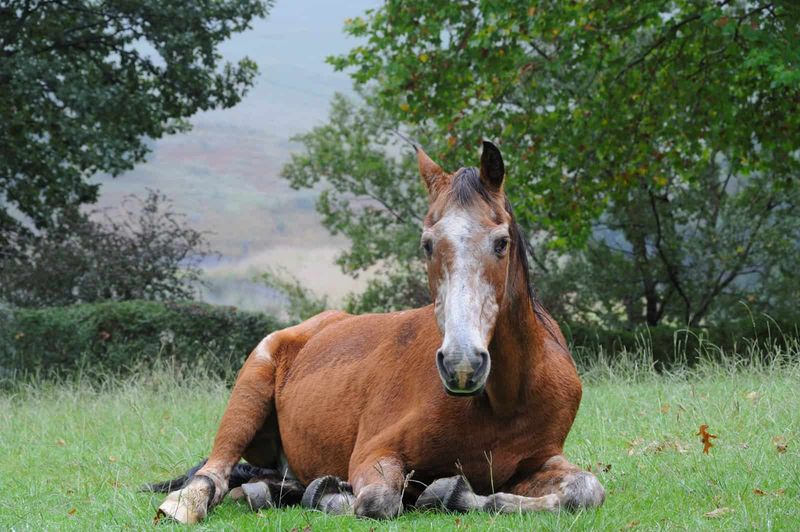
As horses age, their care requirements change, presenting unique challenges. Older horses may face health issues, reduced mobility, and require specialized diets and care.
Owners of aging horses often grapple with emotional and practical decisions related to end-of-life care. This can be a sensitive and difficult time, filled with emotional strain.
Planning and preparing for an aging horse’s needs, and connecting with others who have experienced similar situations, can provide support and guidance.
Equipment Maintenance
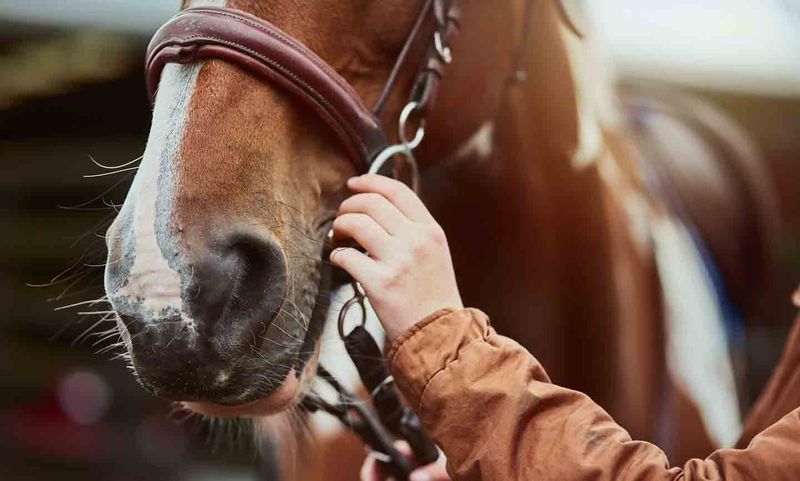
Horse equipment requires regular maintenance to ensure safety and functionality. Saddles, bridles, and other gear can wear and tear over time, demanding attention and repair.
Neglecting equipment maintenance can lead to safety risks for both horse and rider. This often involves a financial cost, as well as time spent on upkeep.
Regular inspections, cleaning, and timely repairs can prevent equipment issues from escalating, providing peace of mind and safety during rides.
Community Pressure
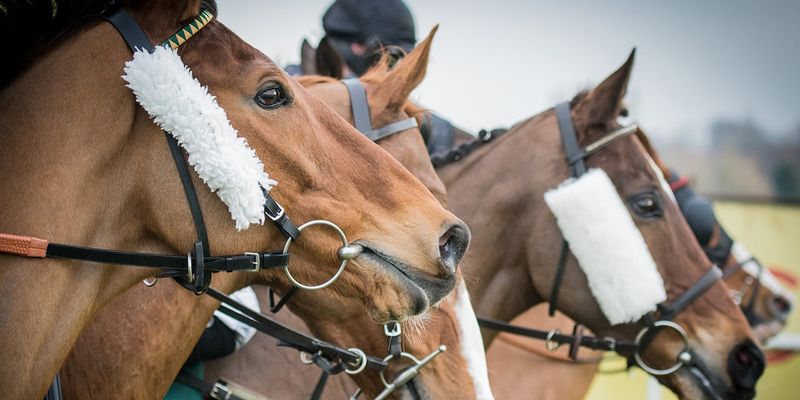
The equestrian community can be both supportive and daunting. Horse owners may feel pressure to meet community standards, participate in events, or keep up with trends.
This pressure can lead to stress and dissatisfaction, detracting from the joy of horse ownership. Balancing personal goals with community expectations is essential for maintaining a healthy relationship with the equestrian world.
Engaging with supportive groups and focusing on personal enjoyment can help manage community pressures.
Safety Concerns
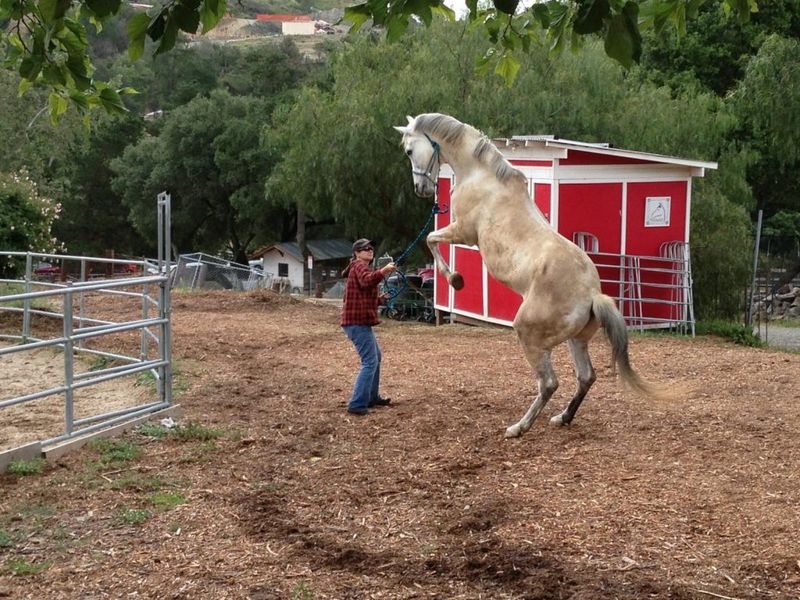
Safety is a priority in horse ownership, yet concerns are ever-present. Riding and handling horses come with risks, and accidents can happen unexpectedly.
Ensuring the safety of both horse and rider involves using appropriate gear, adhering to safety protocols, and staying informed about best practices.
Continuous learning and awareness can mitigate risks. Joining safety workshops or working with experienced trainers can enhance confidence and safety.
Dealing with Neighbors
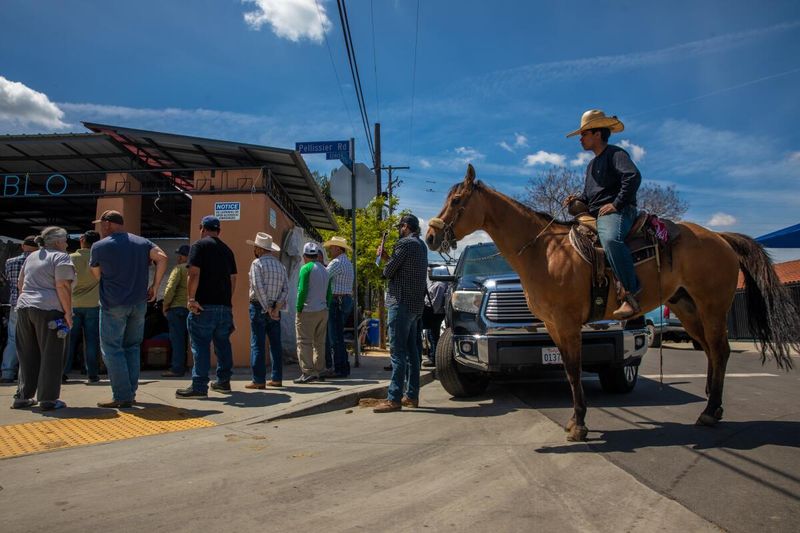
Owning a horse often involves interactions with neighbors, which can lead to conflicts. Issues like noise, pasture boundaries, and manure management can strain relationships.
Open communication and compromise are key to maintaining good neighborly relations. Addressing concerns promptly and finding mutually beneficial solutions can prevent disputes.
Building a positive rapport with neighbors ensures a harmonious environment, essential for both horse and owner.
Nutritional Needs
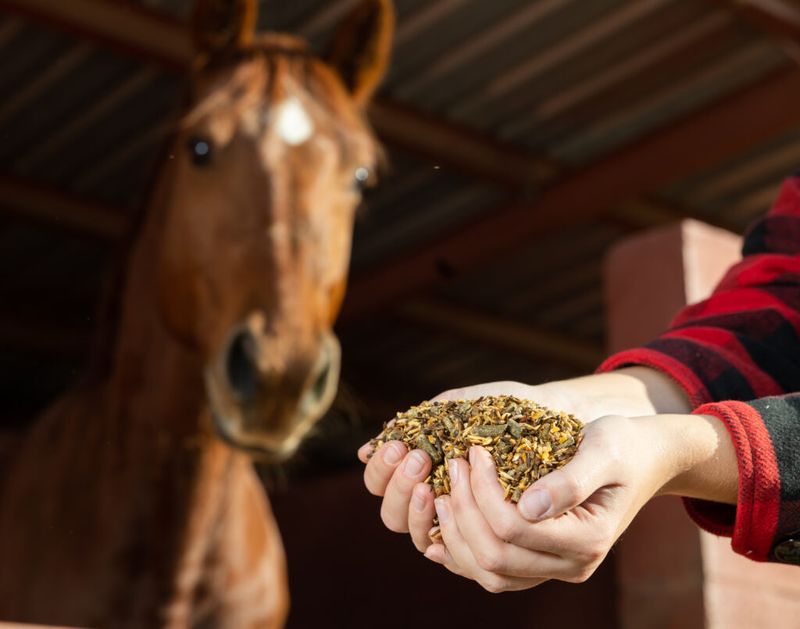
Meeting a horse’s nutritional needs is complex, requiring knowledge and attention to detail. Horses need balanced diets, and any deficiencies can lead to health issues.
Owners must navigate various feed options and supplements, tailoring diets to individual horses. This involves regular assessment and adjustments, adding to the responsibilities of ownership.
Consulting with equine nutritionists and staying informed about dietary trends can support proper nutrition, ensuring your horse’s health and vitality.
Legal Responsibilities
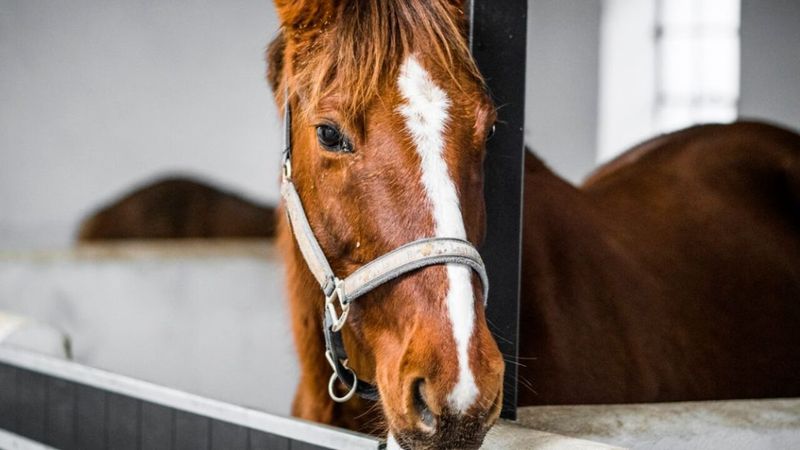
Legal responsibilities are an often-overlooked aspect of horse ownership. From liability insurance to property regulations, horse owners must navigate complex legal landscapes.
Failing to comply with local laws can result in fines or other legal issues. Understanding the legal requirements and obligations is vital for avoiding complications.
Seeking legal advice and staying informed about equine laws can protect your interests and ensure responsible ownership.
Land Management
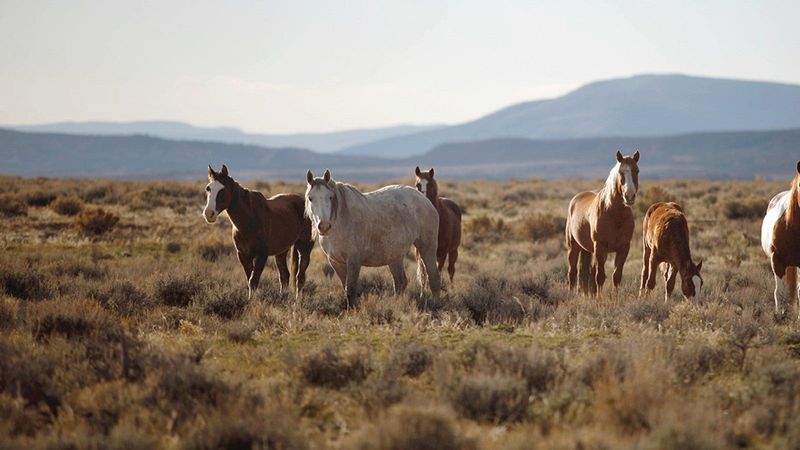
Managing land effectively is crucial for horse owners with properties. Proper pasture management, waste disposal, and land upkeep affect the well-being of horses.
Land management involves time, effort, and sometimes financial investment. It requires continuous attention to maintain a healthy and sustainable environment for horses.
Employing best practices and seeking expert advice can optimize land use, ensuring a thriving habitat for your equine companions.
Managing Expectations
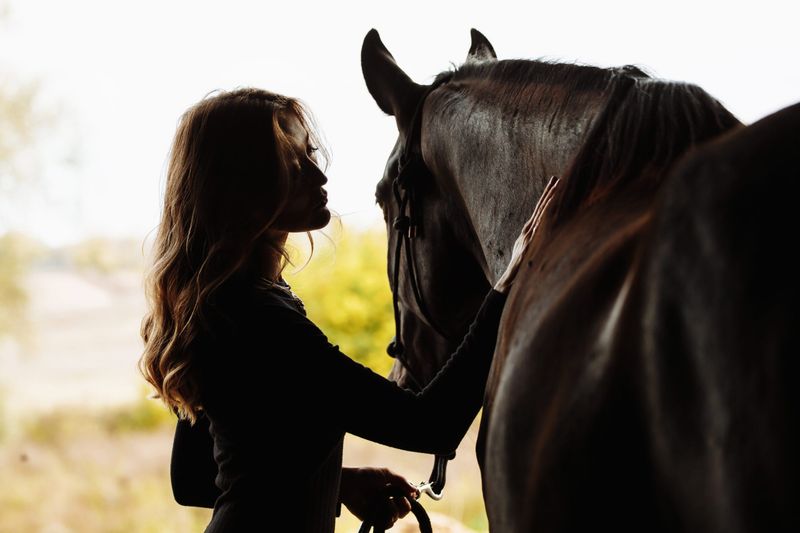
Managing expectations is essential for enjoying horse ownership. Initial dreams can often clash with the reality of responsibilities and challenges, leading to disappointment.
Understanding and accepting the ups and downs of horse ownership can foster a more realistic and fulfilling experience. It’s about finding joy in the journey, not just the destination.
Setting achievable goals and focusing on personal growth can lead to a satisfying and rewarding relationship with your horse.

